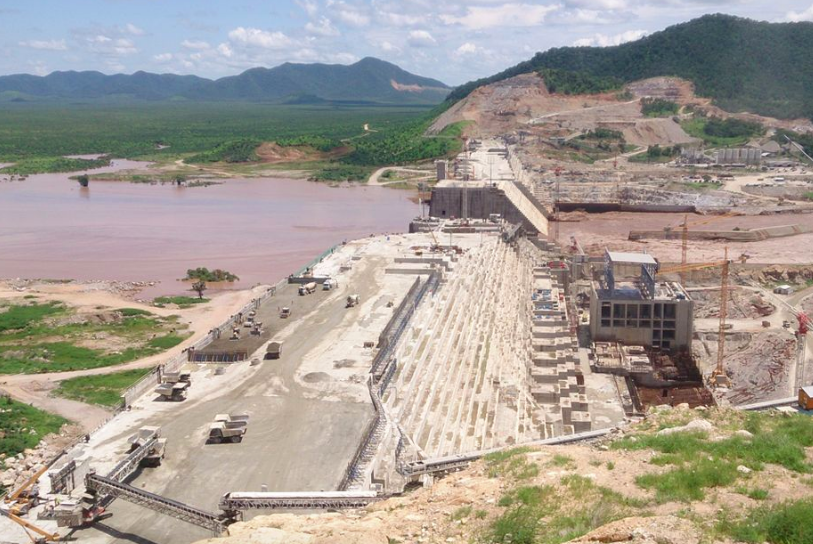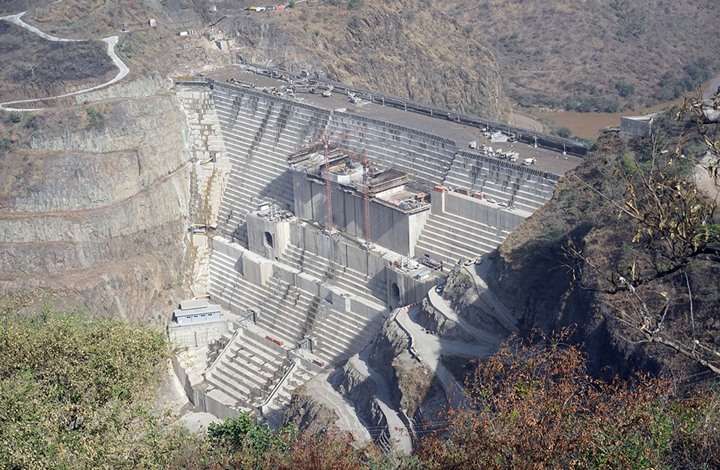A new round of negotiations on the Grand Ethiopian Renaissance Dam, GERD, will be launched on Monday between the irrigation and water ministers of Egypt, Sudan and Ethiopia, via the video conference.
The talks will be sponsored by the African Union and attended by experts and observers from the United States, the European Commission, and the African Union Office.
The negotiation round, which extends for about two weeks, aims to find solutions to the outstanding technical and legal points, leading to a final agreement binding on all parties.
Egypt and Sudan criticized Ethiopia for what the two countries described as filling the reservoir of the Renaissance Dam built unilaterally on the Blue Nile.
Sudan and Egypt fear that the dam, which aims to generate electricity and costs $4 billion, will lead to a shortage of their water share.
The GERD raises fears in Egypt of a further decrease in the waters of the Nile, knowing that the Blue Nile is a tributary of the tributaries of the Nile River, and Egypt obtains 90 percent of its freshwater from the Nile.

Arduous negotiations over a decade failed to reach an agreement to regulate how Ethiopia would fill and operate the dam's reservoir without prejudice to the scarce water shares for the two downstream countries.
The Renaissance Dam will be built only about 15 km from the border with Sudan on the Blue Nile, the source of most of the waters of the Nile after it meets the White Nile in Sudan.
Last week, Ethiopia, which considers the GERD vital to providing its people with the electricity needs, said it had accomplished what it was targeting in the first year in filling the Renaissance Dam reservoir, thanks to the heavy rainy season.
[caption id="attachment_112119" align="aligncenter" width="720"] GERD[/caption]
GERD[/caption]
"The two downstream countries expressed their concerns about the unilateral filling carried out by Ethiopia, which raised many questions about the feasibility of the current course of negotiations and reaching a just agreement for filling and operating,” said the Egyptian Ministry of Irrigation said in a statement.
The Sudanese Ministry of Irrigation said in a statement that Khartoum considered Ethiopia's behavior "by starting the first filling of the GERD before reaching a binding agreement between the three countries, a harmful and disturbing precedent in the path of cooperation between the concerned countries."













